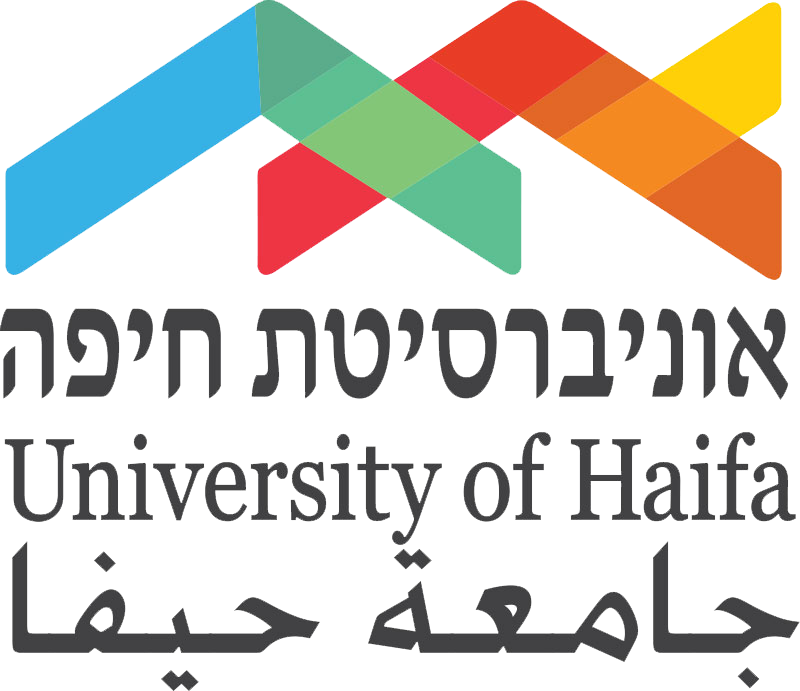Socio-Political Aspects of Marine Aquaculture:
A Comparative Study of Policymaking in Germany and Israel
A Research project under the GIF (German Israeli Foundation) for the years 2008-2010
|
ISRAELI TEAM: |
|
AbstractWhereas marine aquaculture (mariculture) is a well-developed research field in the life sciences, its socio-political aspects are largely overlooked. The major goal of this project is to explore public attitudes towards marine aquaculture and to advance knowledge on policymaking processes in Israel and in Germany as to strategic decisions taken in government towards the development of this field. We intend to examine citizens' perceptions, attitudes and behaviors in the process of policymaking and how these may affect governmental decisions and policies with regard to mariculture. There are several environmentally-friendly alternatives to conventional aquaculture and we also plan to explore these and examine whether knowledge of these options may affect public perception. The study will thus focus on the reactions of public administration to diverse demands by multiple stakeholders such as fish farmers, fishers, non-governmental organizations, the business community and the local governance institutions. This project encompasses aspects of both life sciences and social sciences and thus represents an innovative interdisciplinary approach to the subject. Additional potential results are (1) advancement of knowledge about policy formation of aquaculture ventures; (2) cross-cultural differences in the way modern states adopt and promote new marine aquaculture plans; (3) development of new strategies for collaboration among governance, citizens, and the business community with respect to aquaculture; (4) examination of the feasibility of extractive aquaculture systems, involving shellfish, macroalgae, sponges, etc. that operate in an environmentally-benign (or friendly) fashion and yield economically-attractive products. We further believe that this study can prove useful for other modern societies, beyond Israel and Germany, and for future regional joint ventures in Europe and the Middle East. We propose a 3-year study which will be carried out jointly and in close collaboration among the principal investigators. During year 1, we will define our stakeholders, design surveys and questionnaires for these communities; gather information and carry out initial surveys. We will also start to explore the process whereby public opinion affects policy. The bulk of the field work (surveys) will be carried out at the end of year 1 and during year 2. During years 1 and 2 we will examine alternative forms of aquaculture and study their impacts on both physical environments and on public perception and acceptability toward aquaculture. Year 3 will be dedicated to processing and analyses of the data and to preparation of reports and scientific publications. |
|
|
Get Relevant Materials
- Detailed Proposal
- Relevant Scientific Articles (Natural Sciences and Social Sciences)
- Relevant Research Reports
- Governmental Documents and Law Reviews (to be added soon)
- Policy Papers (to be added soon)
- Media Articles & Other Links
- Questionnaires






